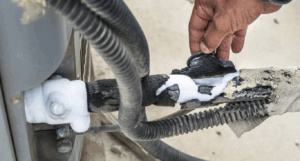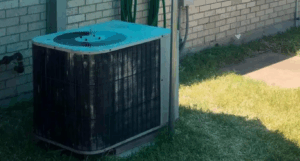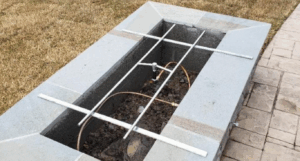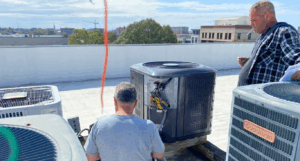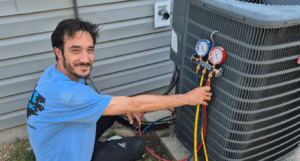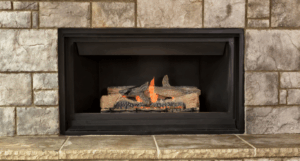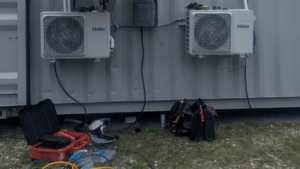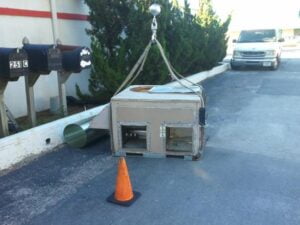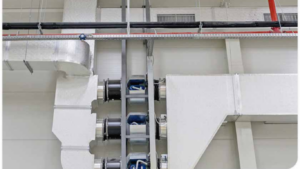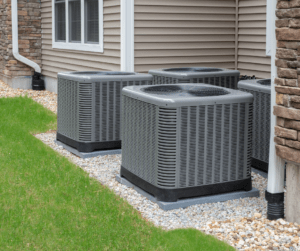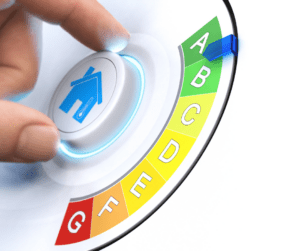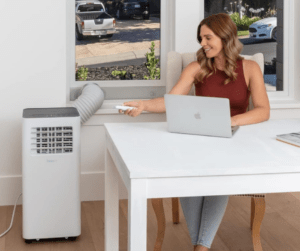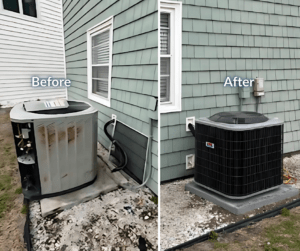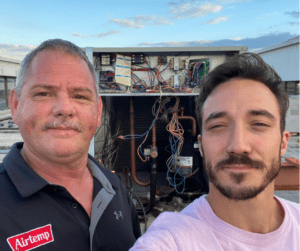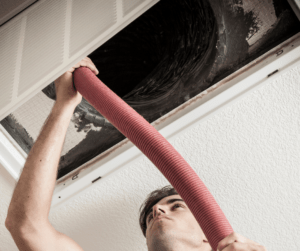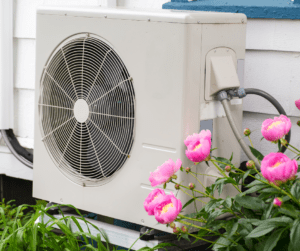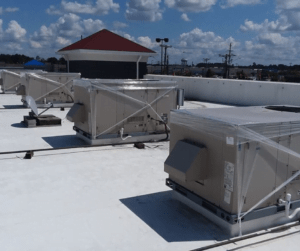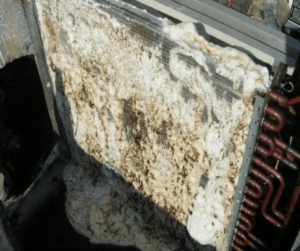5 Key Tips for Choosing Your New HVAC System
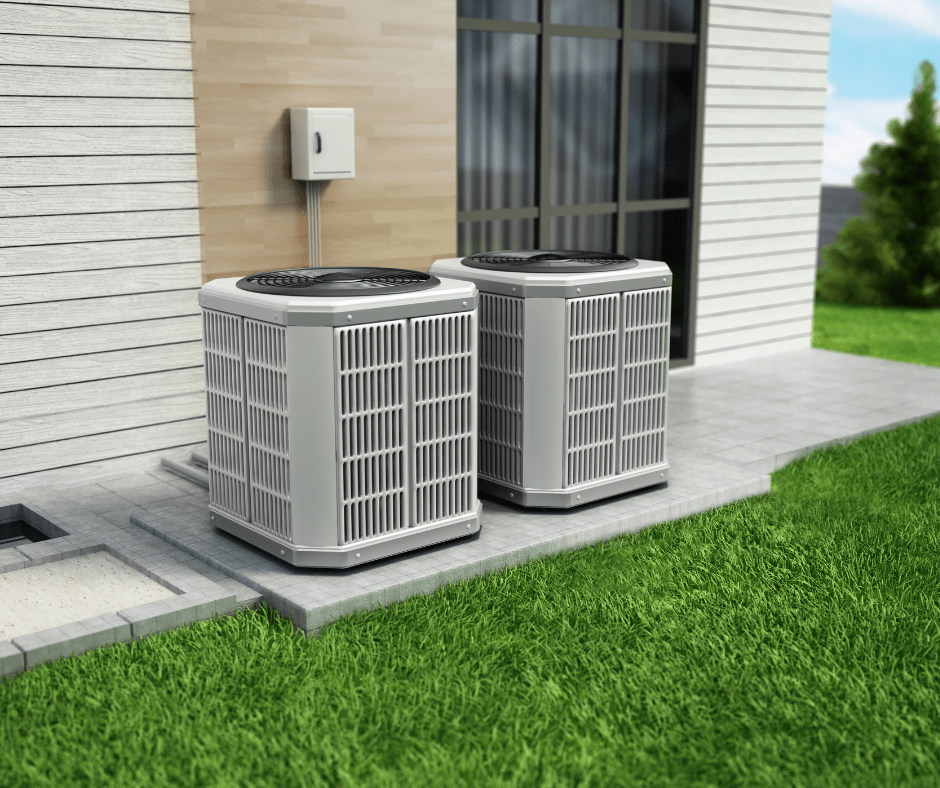
Choosing a new HVAC system can feel overwhelming, but it doesn’t have to be! Whether replacing an old HVAC unit or installing one for the first time, understanding the essentials can help you make an informed decision. An efficient HVAC system is crucial for your home’s comfort, air quality, and energy savings.
With so many options available, how do you know which one is right for you? Let’s break down five key tips to consider when selecting your new HVAC system.
1. Assess Your Home’s Specific Needs
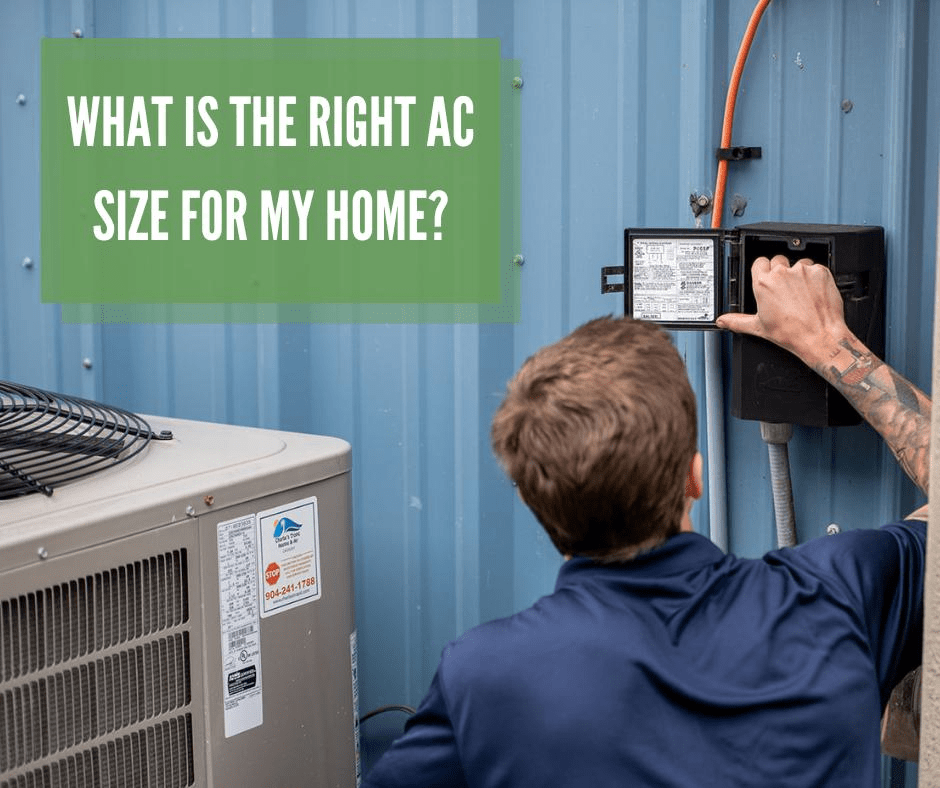
Assessing your home’s heating and cooling needs is a crucial first step in choosing the right HVAC system. Start by evaluating your home’s size, layout, and insulation. These factors play a significant role in determining the type and size of the system you’ll need. Measure your home’s square footage and note the number of rooms requiring climate control. Homes with open floor plans, large windows, or high ceilings may need more robust HVAC systems to maintain a consistent room temperature.
Next, consider the climate you live in. If you experience extreme temperatures, you may need a more powerful heating and air system that can handle both heating and cooling efficiently. On the other hand, milder climates might allow for more flexibility in your choice of system.
Don’t forget to think about your family’s specific needs. If you have pets or family members with allergies, you might want to invest in a heating and cooling system with advanced air filtration features. Some HVAC systems come equipped with HEPA filters or UV light purifiers that can improve indoor air quality by reducing allergens, dust, and other pollutants.
Energy consumption is another vital aspect to consider. If your home is older or not well-insulated, you may need an HVAC system with a higher output to compensate for heat loss or gain in your home. Conversely, a well-insulated home might benefit more from a system with moderate output and higher energy efficiency.
Lastly, take into account any existing infrastructure. If your home already has ductwork in good condition, a central air conditioning system might be the most cost-effective choice. However, if you’re dealing with an older home or one without ducts, ductless mini-split systems could offer the flexibility and efficiency you need without the added expense of installing new ductwork.
By thoroughly evaluating these factors, you’ll be better equipped to choose an HVAC system that perfectly suits your home and lifestyle.
2. Energy Efficiency Ratings Matter
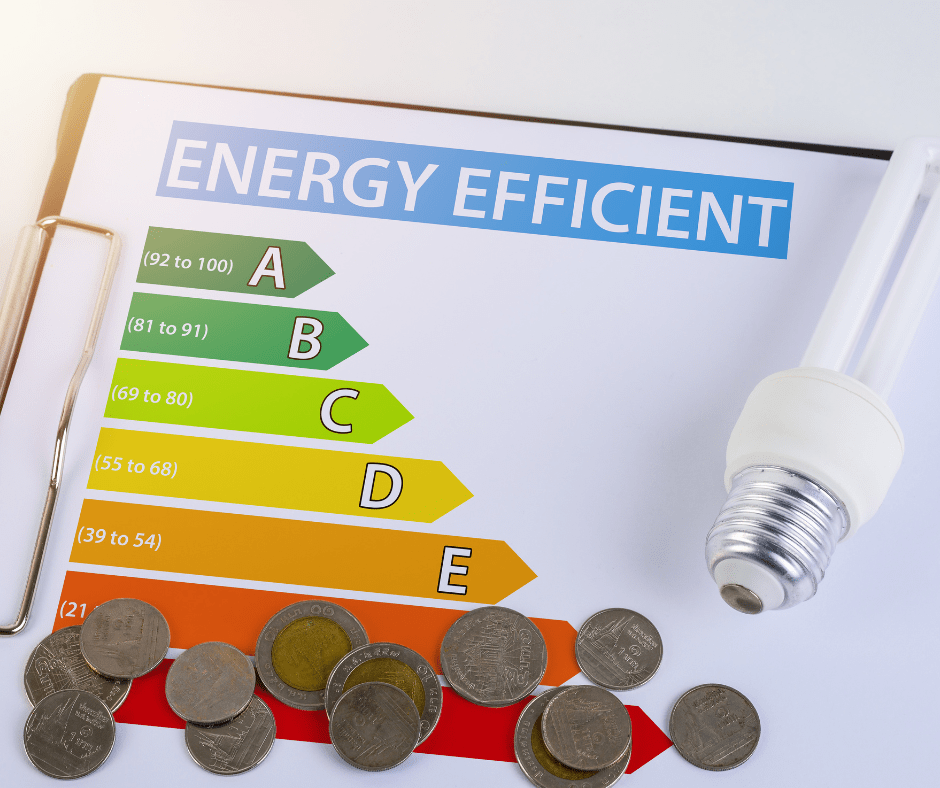
Energy efficiency is a key factor to consider when selecting your new HVAC system. Choosing a heating and air conditioning system with high energy efficiency can significantly reduce your monthly utility bills and lessen your environmental impact. To identify an energy-efficient system, pay close attention to the SEER (Seasonal Energy Efficiency Ratio) ratings for air conditioners and the AFUE (Annual Fuel Utilization Efficiency) ratings for furnaces. These ratings offer a clear indicator of a unit’s efficiency; the higher the rating, the more efficient the system.
While energy-efficient models might have a higher initial cost, the long-term savings on your energy bills often make them a smart investment. Additionally, many energy-efficient HVAC systems are eligible for tax credits and rebates, which can help offset the upfront expense. It’s worth researching any available incentives in your area to take full advantage of these benefits.
Beyond the SEER ratings, look for HVAC systems that feature advanced technologies designed to improve efficiency. For example, variable-speed motors and smart thermostats can optimize energy use by adjusting the system’s output to match your home’s heating and cooling needs. These technologies not only enhance home comfort but also contribute to overall energy savings.
In addition to these features, consider the type of refrigerant used in the system. Modern HVAC units often use environmentally friendly refrigerants, which are more efficient and have a lower impact on the ozone layer compared to older refrigerants. Ensuring your new heating and air system uses an eco-friendly refrigerant can further enhance its efficiency and sustainability.
Energy efficiency is not just about cutting costs; it’s about making a responsible choice for the environment and your household. By prioritizing systems with high efficiency ratings and advanced features, you’re setting yourself up for long-term benefits, both financially and environmentally.
3. Understanding the Importance of Proper Sizing
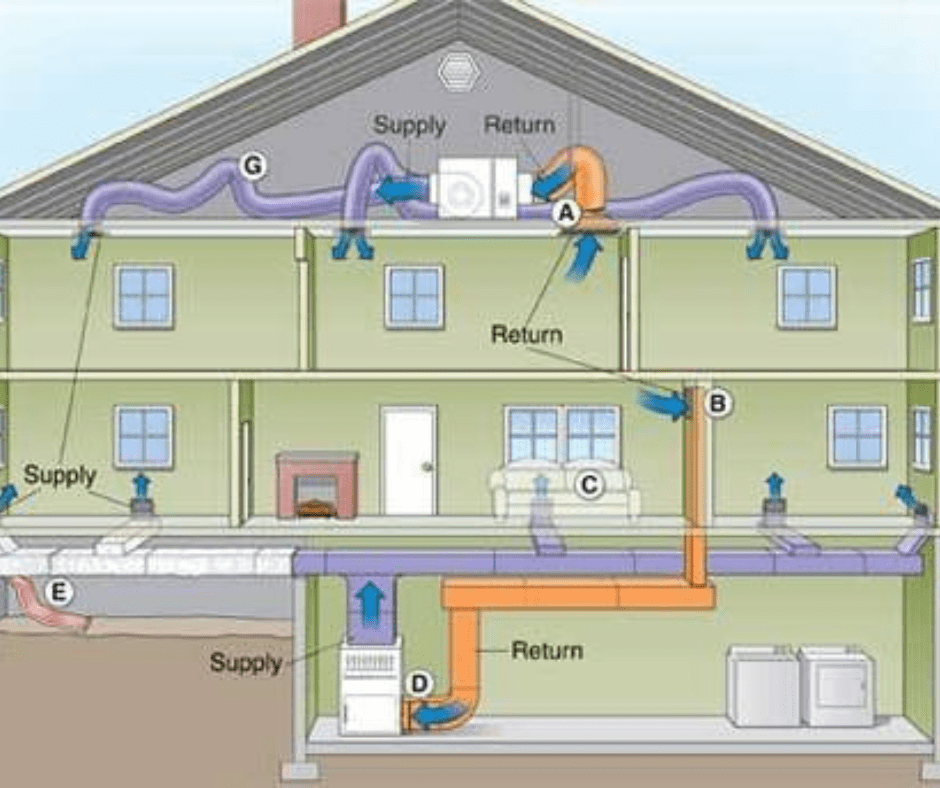
Ensuring your HVAC system is properly sized is essential for achieving both comfort and efficiency. When an HVAC unit is too large for your home, it can cycle on and off frequently, causing uneven temperatures, excess humidity, and higher energy bills. Conversely, a system that’s too small will run continuously, struggling to maintain the desired temperature and wearing out more quickly.
To find the right size for your HVAC system, you’ll need to determine the BTUs (British Thermal Units) necessary for your space. HVAC professionals often use a Manual J calculation to assess your home’s heating and cooling requirements accurately. This calculation considers factors such as your home’s insulation, window size, and type, number of occupants, and the local climate. By relying on these detailed measurements, you can ensure that your new system is neither too large nor too small.
Consulting with a certified HVAC technician is highly recommended. These experts can perform precise load calculations and offer personalized advice tailored to your home’s unique characteristics. Their insights will help you avoid the pitfalls of improper sizing, such as reduced heating and air system lifespan and inefficiency.
Additionally, pay attention to any changes in your home that could affect HVAC performance, like renovations or new additions. These modifications may require a reevaluation of your HVAC system’s size to maintain optimal performance.
Proper sizing not only enhances your home’s comfort but also contributes to lower energy costs and a longer-lasting HVAC system. By focusing on getting the size right, you’re investing in a system that will serve you well for years to come.
4. Evaluate Different Types of HVAC Systems
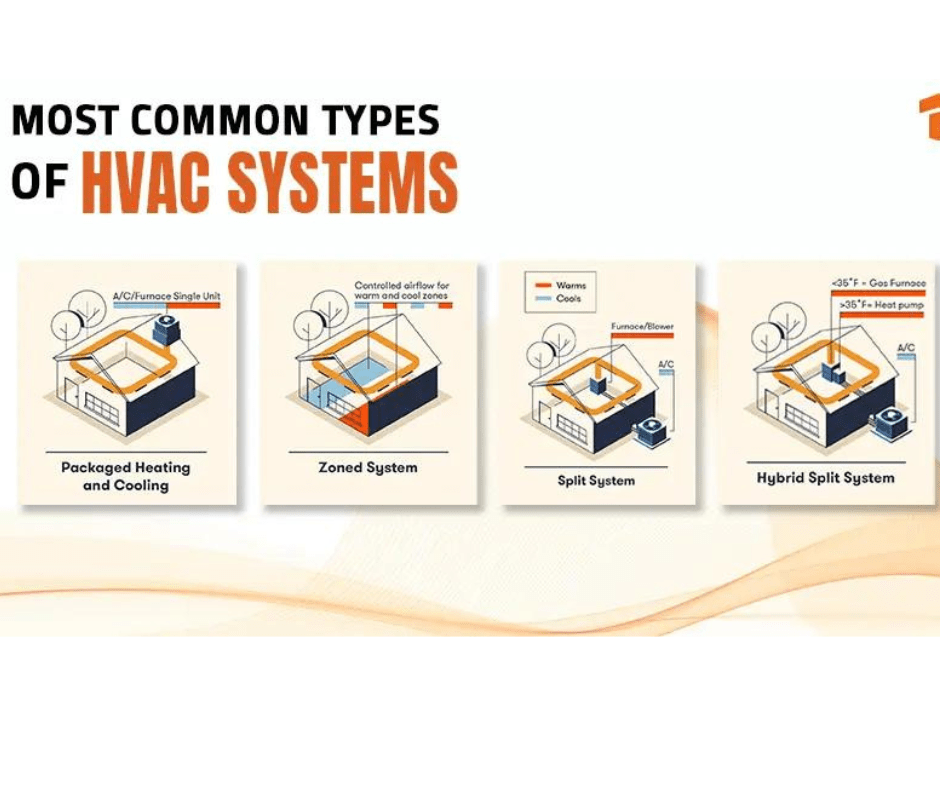
When it comes to selecting an HVAC system, understanding the different types of heating and air units available can help you make an informed decision tailored to your home’s unique needs. Here’s a quick overview of some popular options:
1. **Central Air Conditioning Systems**: These systems are excellent for larger homes, providing consistent cooling across multiple rooms. They typically integrate with a furnace or heat pump for heating, making them a comprehensive solution for year-round comfort.
2. **Ductless Mini-Split Systems**: Ideal for homes without existing ductwork, ductless mini-splits offer flexibility and independent temperature control for different zones within your home. This can be particularly beneficial for families with varying comfort preferences or for homes with specific areas that are challenging to heat or cool.
3. **Heat Pumps**: These versatile systems can both heat and cool your home efficiently, making them suitable for moderate climates. Heat pumps work by transferring heat rather than generating it, which can lead to substantial energy savings. Some models, known as dual-fuel systems, can pair with a furnace for enhanced efficiency in colder climates.
4. **Geothermal Systems**: Harnessing the stable underground temperatures, geothermal systems offer an eco-friendly and highly efficient way to heat and cool your home. While the initial installation cost is higher, these systems can provide significant long-term energy savings and have a longer lifespan compared to traditional HVAC systems.
5. **Window Units and Portable Air Conditioners**: These are budget-friendly options for smaller spaces or single rooms. They are easy to install and remove, making them a convenient choice for renters or those needing a temporary solution. However, they may not be as efficient or effective for whole-home temperature control.
Each type of HVAC system comes with its own set of benefits and considerations. Take the time to research and consider which system aligns best with your home’s layout, your comfort preferences, and your budget. This approach ensures you choose a solution that not only meets your immediate needs but also supports long-term comfort and efficiency.
5. Consider Long-Term Maintenance and Costs
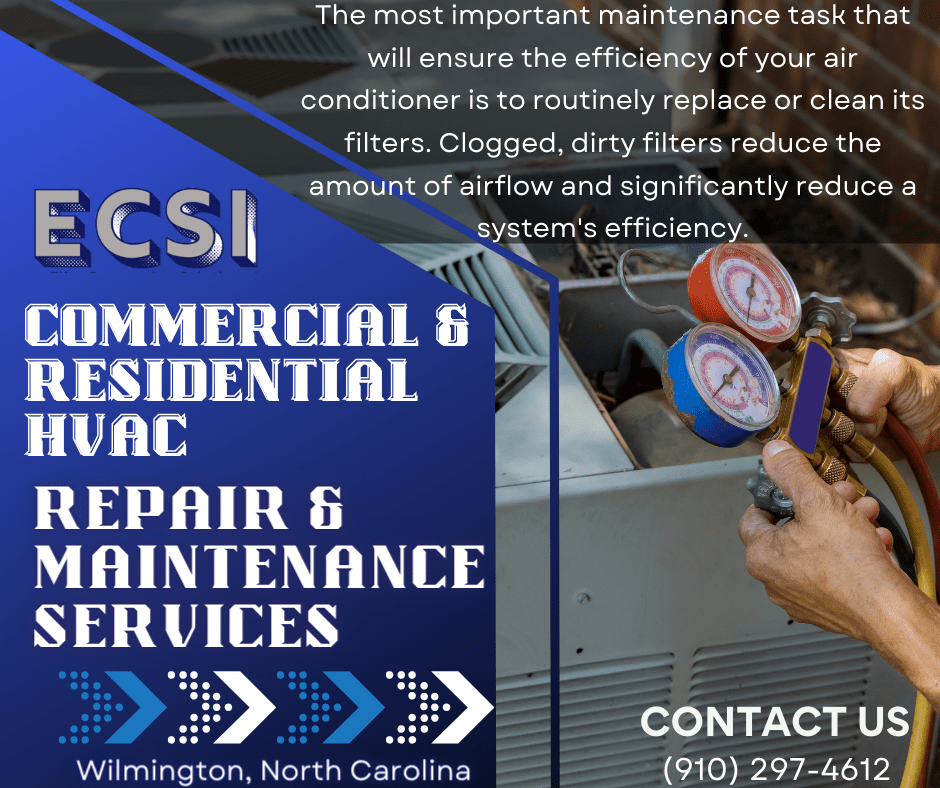
While the initial price tag of an HVAC system is a significant consideration, long-term maintenance and operating costs are just as crucial. Regular upkeep is vital to ensure your HVAC system operates efficiently and enjoys a long lifespan. Before finalizing your decision, inquire about the recommended maintenance schedule for the systems you’re evaluating.
Many HVAC systems come with warranties that cover specific parts and repairs, so be sure to understand what’s included and for how long. A robust warranty can offer peace of mind and save you from unexpected expenses down the road. Additionally, some manufacturers and installers offer maintenance plans that include regular check-ups and service visits, which can help keep your system running smoothly and catch potential issues early.
Consider the availability and cost of replacement parts as well. Some systems, particularly those with advanced technology or specialized components, may have higher costs for parts and repairs. It’s wise to check if the brand you are considering has a good reputation for reliability and easy access to replacement parts.
Don’t forget to factor in energy consumption. While energy-efficient models might have a higher upfront cost, they typically save money in the long run by reducing monthly utility bills. These savings can offset maintenance and operating costs over time.
Finally, think about the longevity of the system. Some types of HVAC systems, like geothermal units, may have a longer lifespan but require a larger initial investment. Balancing the initial cost with long-term benefits and maintenance requirements will help you make a well-rounded decision.
By carefully considering these factors, you’re setting yourself up for a hassle-free experience with your new HVAC system, ensuring it remains a reliable and cost-effective part of your home for years to come.
Conclusion
As long as you follow these five steps that you learned today, you should have no problem choosing the correct HVAC system for your home or business. If you are in doubt when trying to select the proper heating and air unit, it is best to contact a professional HVAC company in your area and request help. For more useful HVAC tips, be sure to read our following related articles.


